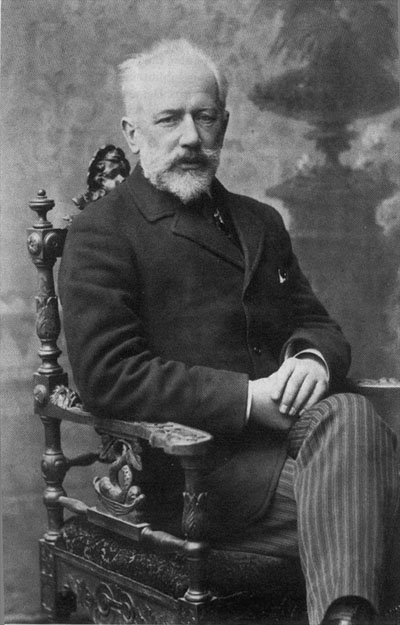Muti, CSO knock their Tchaik program out of the park

“Did you like the concert?” asked Riccardo Muti to the cheering crowd Friday night at the Pritzker Pavilion.
The estimated 20,000 in attendance at Millennium Park had just given their answer with a roaring extended ovation and repeated curtain calls for the CSO music director following the bravura final bars of Tchaikovsky’s Symphony No. 4, which closed the evening.
Unlike the monsoon that was unleashed two years ago with the last Millennium Park appearance by Muti and the CSO, the weather gods cooperated Friday night, offering a perfectly mild and dry autumn evening.
If the previous night’s season-opening Beethoven Ninth felt like something of a work in progress, Muti and the orchestra were back on considerable peak form for this all-Tchaikovsky program.
Several observers–including this one–have grumbled about the conservative programming in the CSO’s 2014-15 season, a lineup in which the complete Tchaikovsky symphonies is considered adventurous.
Still, this first installment of Muti’s Tchaikovsky symphony cycle—to be repeated at Symphony Center next week—was an undeniably impressive achievement and bodes well for the survey of the Russian composer’s symphonies in the coming months.
Music of Tchaikovsky has figured prominently in Muti’s core repertory from the earliest days of his podium career. That experience was clear in the fresh, eloquent and exciting account of the Fourth Symphony heard Friday night.
It takes something to make such a warhorse as the uber-familiar Fourth Symphony seem newly minted. The dramatic moments had firm implacable thrust as with the baleful “Fate” fanfares blasted out by the brass, as if a summons to the musical drama to follow.
With all the CSO woodwind principals on hand the Andantino has just the right sense of semi-relaxed nocturnal rumination, as atmospherically rendered by oboist Eugene Izotov, clarinetist Stephen Williamson and flutist Mathieu Dufour. The pizzicato Scherzo conveyed the music’s piquant insistence, with Muti ensuring that dynamic markings were alertly attended to.
The frenzied jubilation of the finale was put across with all due speed, polish and refinement, the inexorable buildup to the coda capping a thrilling performance and instantly bringing the audience to its feet.
Yet exciting and atmospheric as the symphony was, the performance of Tchaikovsky’s tone poem The Tempest provided the highlight of the evening.
The Tempest gets far fewer performances than other Tchaikovsky tone poems, notably Romeo and Juliet and even Francesca da Rimini. Yet such was the advocacy of Muti and the orchestra, they made The Tempest seem like an unjustly neglected masterpiece.
Shakespeare’s characters and scenario are clearly outlined throughout and the drama’s scenario was finely conveyed from the opening bars. The quietly majestic opening paints the hushed and luminous sea, which soon exploded into the title storm raised by Prospero. The brutish Caliban is represented by a galumphing figure in the strings and the love theme for Miranda and Ferdinand is one of the composer’s most beguiling inspirations.
Muti led a performance of spacious breadth and natural eloquence, with the opening mysterious yet resplendent. He whipped up an alarmingly intense storm and the love theme was given lush and luxuriant playing by the CSO strings.
A suite from Tchaikovsky’s ballet Sleeping Beauty was the populist sweetmeat for the evening. While the Adagio and “Parade” received sumptuous, full-blooded treatment, Muti elicited a lithe and graceful Waltz and found an impish humor in “Puss in Boots and The White Cat.”
Tchaikovsky’s Symphony No. 4 will be repeated next week, along with music of Berlioz and Debussy at Symphony Center. cso.org; 312-294-3000.
Posted in Performances




